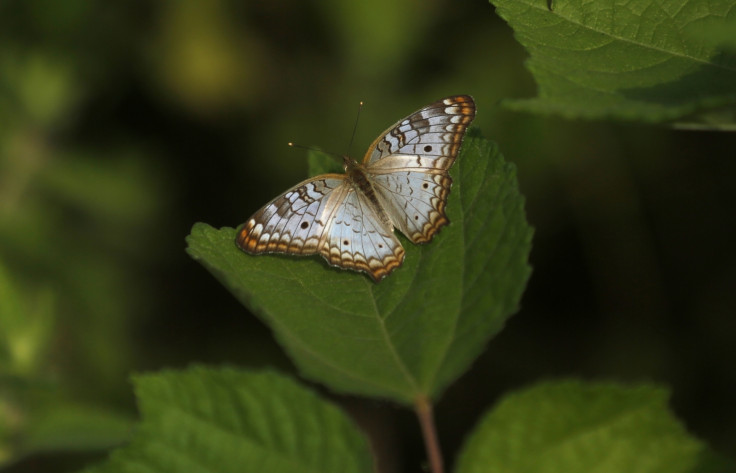Plants covered the Earth 100 million years earlier than previously thought, study finds
A group of researchers came to the conclusion using an approach called 'molecular clock'.

Scientists looking at the evolutionary timescale of life on Earth are rewriting the history of plants, according to a new study published in journal Proceedings of the National Academy of Sciences (PNAS).
It is widely believed that first land plants came to be from pond scum some 420 million years ago. The theory is solely based on oldest fossil discoveries but now, a group of researchers has used a novel technique that pushes the timeline further back by some 100 million years.
"Our results show the ancestor of land plants was alive in the middle Cambrian Period [540-480 million years ago], which was similar to the age for the first known terrestrial animals," said Mark Puttick, one of the lead authors of the study.
The group, which believed fossil records were too scattered and incomplete to be used, made the breakthrough discovery using an approach called 'molecular clock'.
Essentially, their idea was to establish an evolutionary time scale using genetic makeup of living plants and available fossil records of their ancestors.
The historic 'origination' of moss-like plants half a billion years ago spurred a series of atmospheric changes that turned a microbe-inhabited Earth into a living, breathing world surrounded by greenery. Plants rose across continents, making up an adequate habitat for animals and later humans.
"The global spread of plants and their adaptations to life on land, led to an increase in continental weathering rates that ultimately resulted in a dramatic decrease the levels of the 'greenhouse gas' carbon dioxide in the atmosphere and global cooling," said study co-author Jennifer Morris.
However, as the group notes, the models analysing the long-term impact of these changes will have to be re-evaluated because the only thing they are based upon is the period when first plants formed, something that changes with the latest work.





















